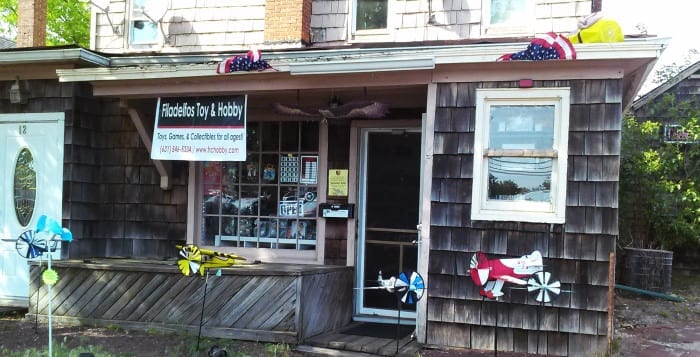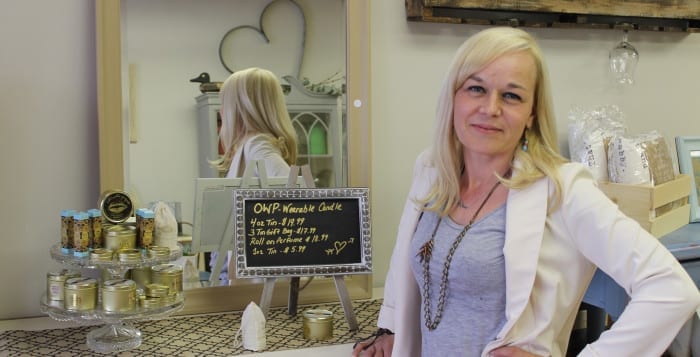The market is fresh.
Kings Park’s coveted Farmers Market will start a brand new season on Sunday, June 7, with all of last year’s farmers returning plus some new additions. Founded in 2010, the market boasts everything from locally grown produce, baked goods, fresh fish, goat cheese, olive oil, pickles and more.
One addition includes the St. James-based Saint James Brewery, a craft brewery which specializes in Belgian beer.
Returning farmers market participants also include Thera Farms, from Ronkonkoma, Fink’s Country Farm from Manorville and Monty Breads from Islip Terrace.
There will be multiple festivals held at the market throughout the summer, including a strawberry festival, a corn festival, Oktoberfest, a baking contest and a chili cookout, according to members of the Kings Park civic group helping to organize events.
“This market has brought the town together, while also supporting local agriculture,” said Alyson Elish-Swartz, a member of the Kings Park Civic Association and a chairperson of the farmers market committee said.
The King’s Park Civic Association sponsors this event in partnership with ligreenmarket. Kings Park’s Farmers Market will also spotlight local musicians, as they have done before, with new acts coming this summer. But new this year will be a spotlight on local photographers, with booths featuring photographs from some of Kings Park’s most talented photographers.
Kings Park restaurants will also be hosting cooking demos, where they buy the ingredients from the farmers market and then show fun and fresh dishes residents can make with them. Restaurants like Café Red and Relish have participated in the past, making dishes like fresh watermelon soup.
The Kings Park Farmers Market is open Sundays, from 9 a.m. to 2 p.m., now through November 22, at the municipal lot on Route 25A and Main Street.
The whole idea of the farmers market started when two local residents who didn’t know each other, Ann Marie Nedell and Elish-Swartz, had the same the idea. Sean Lehmann, president of the Kings Park Civic Association, gave Nedell and Elish-Swartz each other’s phone numbers and told them to link up. He asked them to find out more and report back to the civic association.
Elish-Swartz and Nedell pounded the pavement, talking up the idea to community groups and handing out surveys to find out what Kings Park wanted in a farmers market, with free parking high on the list.
The plan took a leap forward when Nedell and Elish-Swartz met Bernadette Martin. Martin is director of Friends and Farmers Inc., a company she started to advocate for small family farms and to bring fresh, local food to Long Islanders. The market first opened in the summer of 2010 and Martin manages it, every Sunday, from June through November.
Susan Risoli contributed reporting.




















